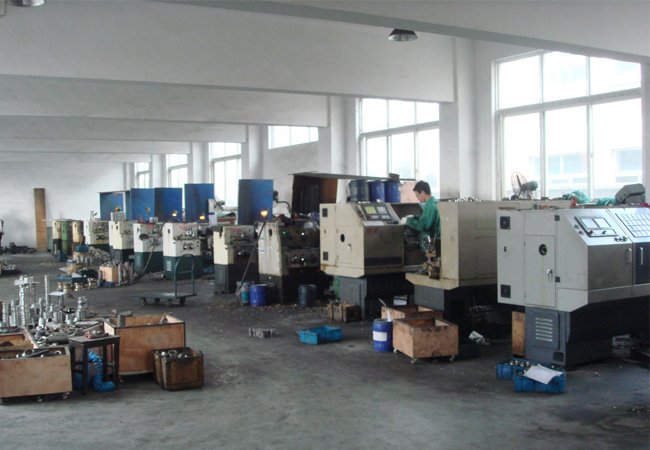Cebuano
- Afrikaans
- Albanian
- Amharic
- Arabic
- Armenian
- Azerbaijani
- Basque
- Belarusian
- Bengali
- Bosnian
- Bulgarian
- Catalan
- Cebuano
- Corsican
- Croatian
- Czech
- Danish
- Dutch
- English
- Esperanto
- Estonian
- Finnish
- French
- Frisian
- Galician
- Georgian
- German
- Greek
- Gujarati
- Haitian Creole
- hausa
- hawaiian
- Hebrew
- Hindi
- Miao
- Hungarian
- Icelandic
- igbo
- Indonesian
- irish
- Italian
- Japanese
- Javanese
- Kannada
- kazakh
- Khmer
- Rwandese
- Korean
- Kurdish
- Kyrgyz
- Lao
- Latin
- Latvian
- Lithuanian
- Luxembourgish
- Macedonian
- Malgashi
- Malay
- Malayalam
- Maltese
- Maori
- Marathi
- Mongolian
- Myanmar
- Nepali
- Norwegian
- Norwegian
- Occitan
- Pashto
- Persian
- Polish
- Portuguese
- Punjabi
- Romanian
- Russian
- Samoan
- Scottish Gaelic
- Serbian
- Sesotho
- Shona
- Sindhi
- Sinhala
- Slovak
- Slovenian
- Somali
- Spanish
- Sundanese
- Swahili
- Swedish
- Tagalog
- Tajik
- Tamil
- Tatar
- Telugu
- Thai
- Turkish
- Turkmen
- Ukrainian
- Urdu
- Uighur
- Uzbek
- Vietnamese
- Welsh
- Bantu
- Yiddish
- Yoruba
- Zulu
Telephone: +86 13120555503
Email: frank@cypump.com
Dis . 21, 2024 21:45 Back to list
understanding the functionality and applications of impeller ...
Understanding the Functionality and Applications of Impellers
Impellers are vital components in various engineering applications, primarily in pumps and turbines, where they play a significant role in converting rotational energy into fluid movement. Understanding their functionality and diverse applications is essential for engineers, designers, and manufacturers involved in fluid mechanics and related fields.
Functionality of Impellers
At its core, an impeller is a rotating component that imparts energy to a fluid through centrifugal forces. This is achieved by rotating blades or vanes that are strategically designed to optimize fluid flow. The primary function of an impeller is to accelerate the fluid and increase its pressure, enabling the fluid to move through a system—be it a plumbing network, a hydraulic system, or an engine cooling system.
The design of an impeller can significantly influence its efficiency and effectiveness. Impellers typically come in various geometries, including radial, axial, and mixed-flow designs. Each design serves different fluid dynamics needs. For example, a radial flow impeller directs fluid outward from the center, making it suitable for high-pressure applications. In contrast, an axial flow impeller moves fluid along the axis of rotation, which is optimal for applications that require higher flow rates with lower pressure.
Applications of Impellers
Impellers are ubiquitous in industries such as water treatment, HVAC systems, chemical processing, and power generation. Their versatility is evident in several key applications
1. Pumping Systems In water and wastewater treatment plants, impellers are vital for moving fluids across various stages of processing. Whether transferring raw water or discharging treated effluent, the design and functionality of impellers are pivotal for efficiency.
understanding the functionality and applications of impeller ...

2. Hydraulic Systems In hydraulic machinery, impellers are employed to generate flow and pressure necessary for operating hydraulic systems. The correct impeller design can reduce energy consumption while maximizing performance.
3. Chemical Processing Reactors in the chemical industry often utilize impellers for mixing different components, ensuring uniformity and optimal reaction conditions. The ability to control fluid dynamics through impeller design directly affects yield and product quality.
4. Aerospace and Automotive In aircraft and automotive engines, impellers are critical in turbochargers and superchargers, where they compress air to enhance engine performance. Their ability to boost pressure means engines can burn fuel more efficiently, resulting in improved power output and fuel economy.
5. Marine Applications Impellers are also used in marine environments, such as in ship propulsion systems and waterjet drives. Their ability to handle large volumes of water at various pressures makes them indispensable in naval architecture.
Advancements and Future Trends
The evolution of impeller technology continues, driven by the need for enhanced efficiency and sustainability. Advances in materials science are leading to the development of lightweight, corrosion-resistant alloys and composites that can withstand harsh environments, thus improving the longevity and performance of impellers.
Moreover, computational fluid dynamics (CFD) modeling is revolutionizing impeller design. Engineers can simulate fluid flow through impellers, optimizing designs for specific applications before physical prototypes are produced. This not only accelerates the design process but also leads to innovations that can significantly reduce energy consumption and waste.
In conclusion, impellers are more than just mechanical parts; they are integral to the operational efficiency of numerous systems across various industries. As technology advances, understanding the functionality and applications of impellers will become increasingly important, ensuring that industries can meet the demands of modern fluid mechanics challenges. Whether in enhancing energy efficiency in pumping systems or improving reaction rates in chemical processes, the role of impellers will remain crucial well into the future.
-
pipeline pump - Chi Yuan Pumps Co., LTD.|High Efficiency&Low Noise
NewsJul.31,2025
-
ISG Series Vertical Pipeline Pump - Chi Yuan Pumps Co., LTD.|High Efficiency, Energy Saving, Low Noise
NewsJul.30,2025
-
ISG Series Vertical Pipeline Pump- Chi Yuan Pumps|High Efficiency&Low Noise
NewsJul.30,2025
-
ISG Series Vertical Pipeline Pump-Chi Yuan Pumps Co., LTD.|High Efficiency&Energy Conservation
NewsJul.30,2025
-
ISG Series Vertical Pipeline Pump - Chi Yuan Pumps Co., LTD.|Advanced Hydraulic Design&Energy-Efficient Solutions
NewsJul.30,2025
-
ISG Series Vertical Pipeline Pump - Chi Yuan Pumps Co., LTD.
NewsJul.30,2025










